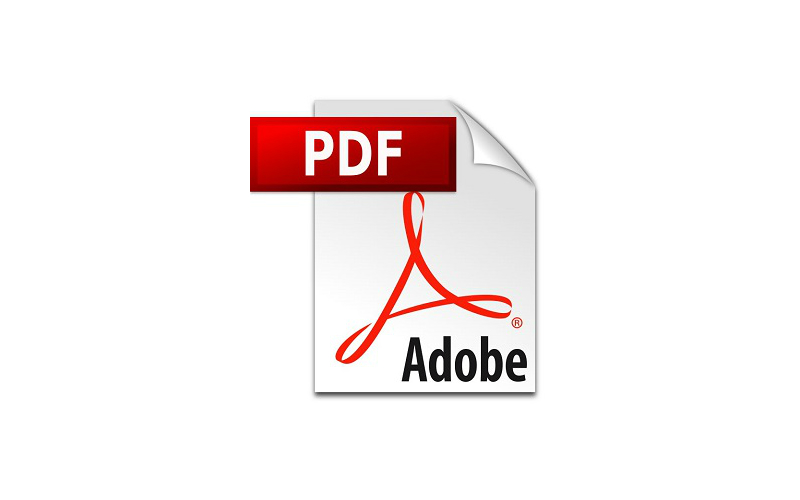20 Jul 2018 | General

London, 20th July 2018 - The Government Digital Service (GDS) has announced that it is creating a tool to allow its digital managers to export web pages as PDFs – and it did so in the wider context of comparing the relative merits of PDFs and HTML pages.
Our view is that PDFs have their place but they should be used appropriately. PDFs offer a useful solution where content remains static; where the format needs to be precisely managed; and where content needs to remain available in a specific format. Indeed, they can be a great way to present highly polished documents. However, they come with a number of serious issues – such as what is often a poor standard of accessibility compliance.
“Compared with HTML content, information published in a PDF is harder to find, use and maintain,” notes Neil Williams, of the GDS in a piece entitled ‘Why GOV.UK content should be published in HTML and not PDF’. Additional issues include the fact that PDFs are harder to use on mobile and cannot track on-page user behaviour
Despite this, the government is creating thousands of new PDFs every month. This is where the GDS HTML-to-PDF converter comes in – as it will ensure that the files that are created are fully accessible. Naturally, this is a goal that we heartily endorse, as is the prioritisation of HTML pages that can be captured as PDF documents as and when needed.
In our Q2 INDEX we assessed over 93,000 PDFs and found that 92.02% of those produced by UK Central Government and 93.25% by UK Listed PLCs failed for accessibility.
There are a wide variety of tools available to create PDFs (for example from Office documents) and the precise methods used can make a significant difference to the outcome and the quality of measurables such as compliance. While the format is relatively rigid, we would make the case that there is no excuse for poor accessibility in PDF documents (particularly when tools like SMARTview are available to flag issues).
A second major challenge is managing and monitoring updates of PDFs. The longer a PDF has been online the less likely it is that the original document remains available. Because of this, it can become cost prohibitive to actually update or improve a PDF. This leaves organisations with the question of whether to remove the PDF altogether or to leave it up while risking an impaired experience and a potentially poorer level of compliance. This risk simply doesn’t exist with an HTML page where content can easily be updated as and when needed.
“The fundamental challenge for delivering high quality PDFs is ensuring that basic standards are understood and adhered too,” said Mark Pinkerton, our CMO. “We often see broken links, especially in older PDFs. Another problematic area is the use of email addresses. Where organisations list emails in PDFs, it would be far better to use general addresses rather than those that apply to specific individuals – which are likely to go out of date much more quickly. PDFs do not look to be going away anytime soon, so the key thing in the meantime is for organisations to work towards a higher standard of delivery.”
About Sitemorse
Sitemorse (www.sitemorse.com) helps organisations drive improved user experience, ensuring that content is always optimised and compliance requirements are always met. The London-based, privately-owned company has now been leading the field of Digital Governance for over 15 years.

